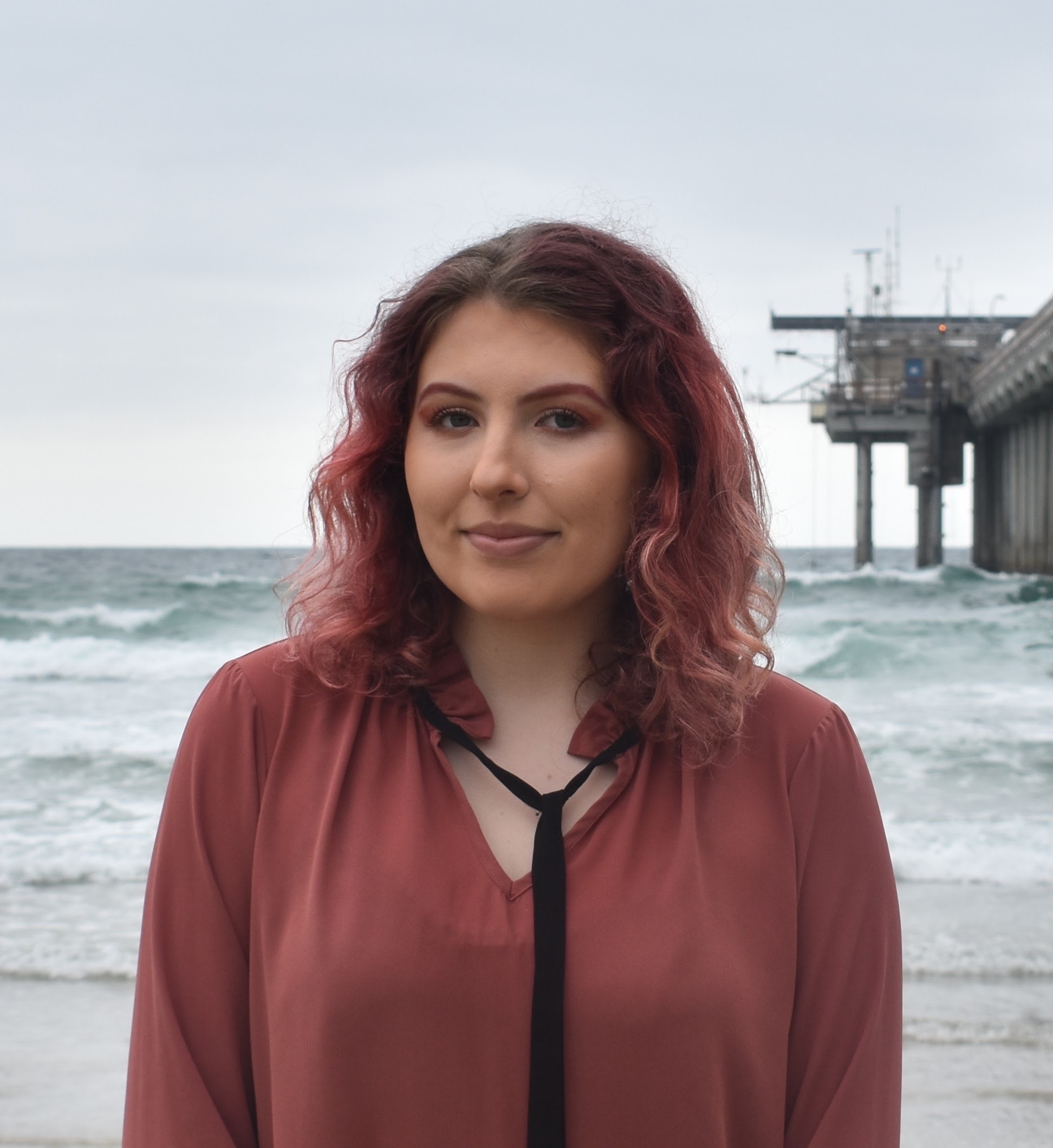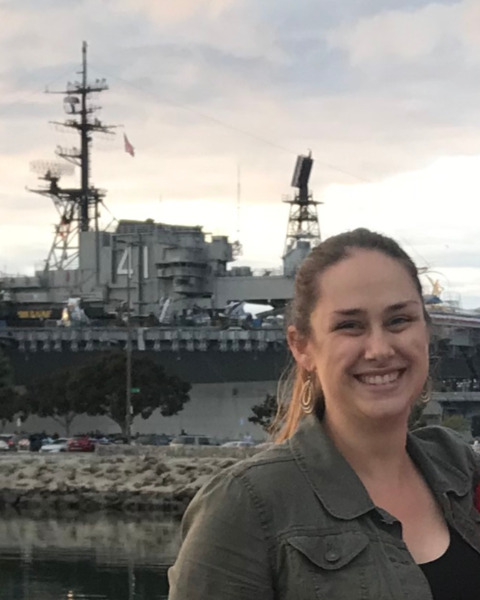LGBTQ+
(PS9-72) Therapeutic Alliance & Treatment Satisfaction of LGB+ Women Veterans with MST

Katerine Rashkovsky, B.S. (they/them/theirs)
Research Assistant
VA San Diego Healthcare System
La Mesa, California, United States- KN
Kathleen N. Nguyen, B.S.
Research Assistant
University of California San Diego
Garden Grove, California, United States - TW
Tamara Wachsman, B.A.
Research Coordinator
VA San Diego Healthcare System
San Diego, California, United States 
Kayla Knopp, Ph.D.
Research Psychologist
VA San Diego Healthcare System/University of California, San Diego
San Diego, California, United States.jpg)
Leslie Morland, Psy.D.
Professor of Psychiatry
University of California San Diego
San Diego, California, United States- MC
Marylene Cloitre, Ph.D.
Principal Investigator
VA Palo Alto Health Care System
Palo Alto, California, United States
Author(s)
Co-Author(s)
Background: The intersection of military sexual trauma (MST) and lesbian, gay, and bisexual plus (LGB+) identity among veterans presents a multifaceted challenge within mental healthcare settings. Specifically, LGB+ veterans struggle to access care due to the heightened levels of stigma concerning identity acceptance and disclosure, compounding the shame that often accompanies MST experiences. However, many still seek care despite minimal research on how these identity- and trauma-related barriers impact therapy engagement. This project explores therapeutic alliance and treatment satisfaction in LGB+ women veterans with a history of MST engaged in a research study.
Method: Participants included 161 women veterans who endorsed experiences of MST (heterosexual = 119; LGB+ = 42) and were randomized in a clinical trial comparing skills training in affective and interpersonal regulation (STAIR) to present-centered therapy (PCT). Study participants completed a client satisfaction measure (CSQ-8; scores range from 8 to 32, with higher scores indicating higher satisfaction) at post-treatment only and a therapeutic alliance measure (WAI-P; scores range from 16-112, with higher scores indicating higher alliance) at mid- and post-treatment. Paired samples t-tests were run to identify significant differences in therapeutic alliance at mid- and post-treatment within groups, and independent samples t-tests were run to identify between-group differences in treatment satisfaction and therapeutic alliance.
Results: LGB+ women veterans report high treatment satisfaction (M=28.61) and therapeutic alliance at mid (M=97.50) and post (M=102.73) with no significant difference compared to heterosexual veterans. Interestingly, LGB+ veterans display significantly greater therapeutic alliance post-treatment compared to mid-treatment (t=-2.380, p=.024) whereas their heterosexual counterparts do not (t=-1.579, p=0.118). LGB+ veterans had a mean increase of 3.94, while heterosexual veterans had a mean increase of 1.20, though there was not a significant difference between the change scores of these groups (t=-1.170, p=.997).
Discussion: Although therapeutic alliance and treatment satisfaction scores are both high and comparable for LGB+ and heterosexual veterans, LGB+ women veterans appear to take more time to build rapport with providers, with WAI-P scores significantly increasing from mid- to post-treatment. This delay may be due to initial wariness regarding potential stigmatization of their sexual orientations.
- Senter, A. D. (2020). Military Sexual Trauma Among Lesbian, Gay, Bisexual, and Transgender Veterans and Perceived Barriers to Care. Doctoral dissertation, Adler University. 28000702.
- Sexton, M. B., Cochran, H. M., Schubert, J. R., Gorin, H. M., Paulson, J. L., Boyd, M. R., Porter, K. E., & Smith, E. R. (2024). Trauma-focused therapy retention among military sexual trauma survivors: relationship with veterans’ sexual or gender minority identification. Cognitive Behaviour Therapy. https://doi.org/10.1080/16506073.2024.2313740

.png)
